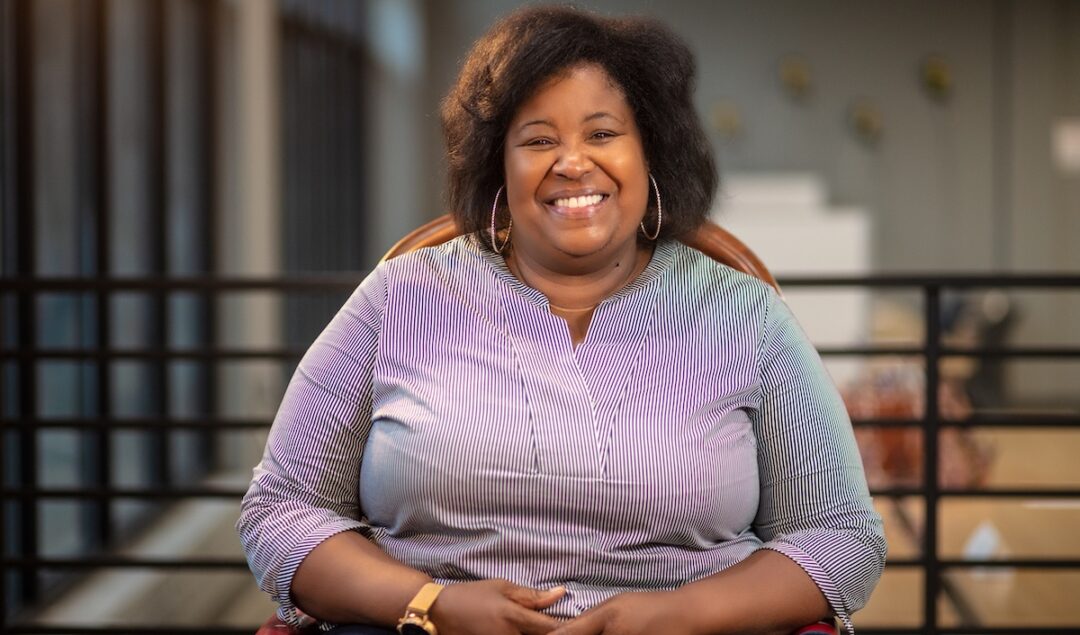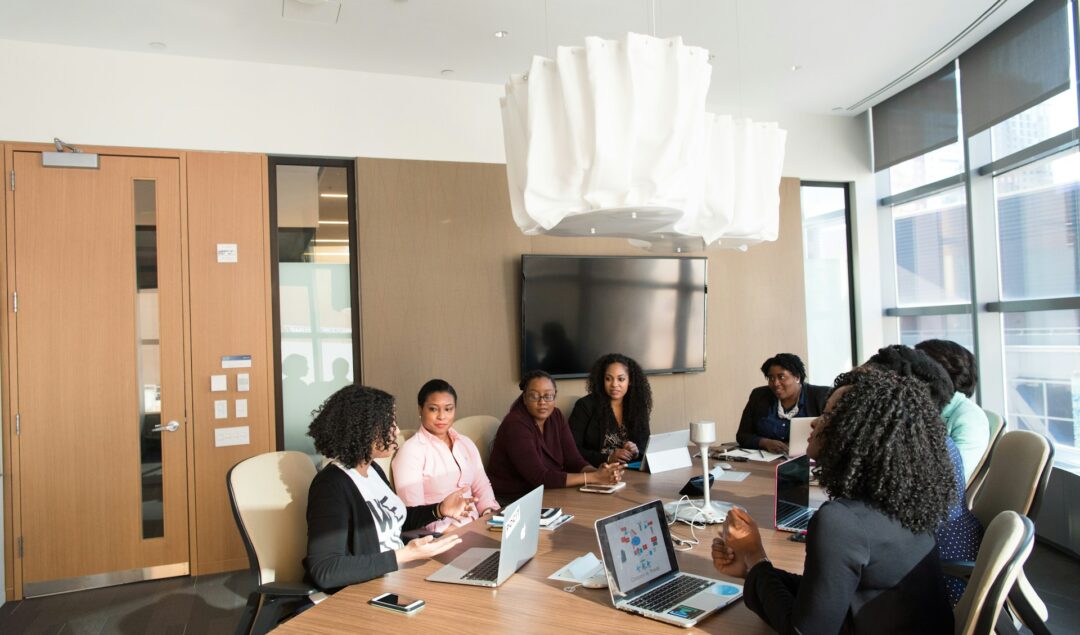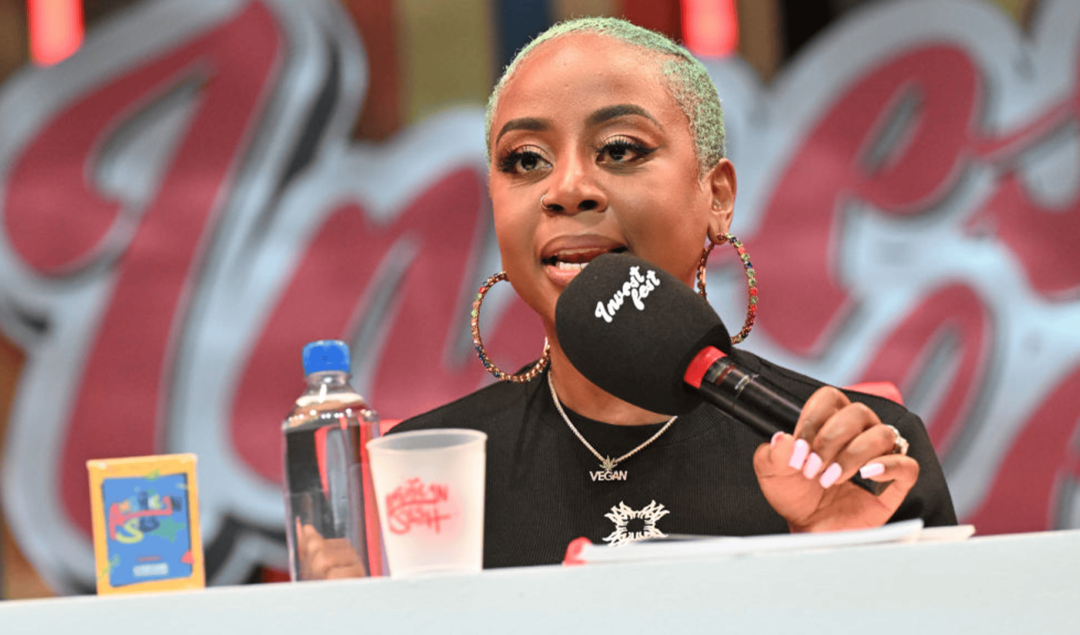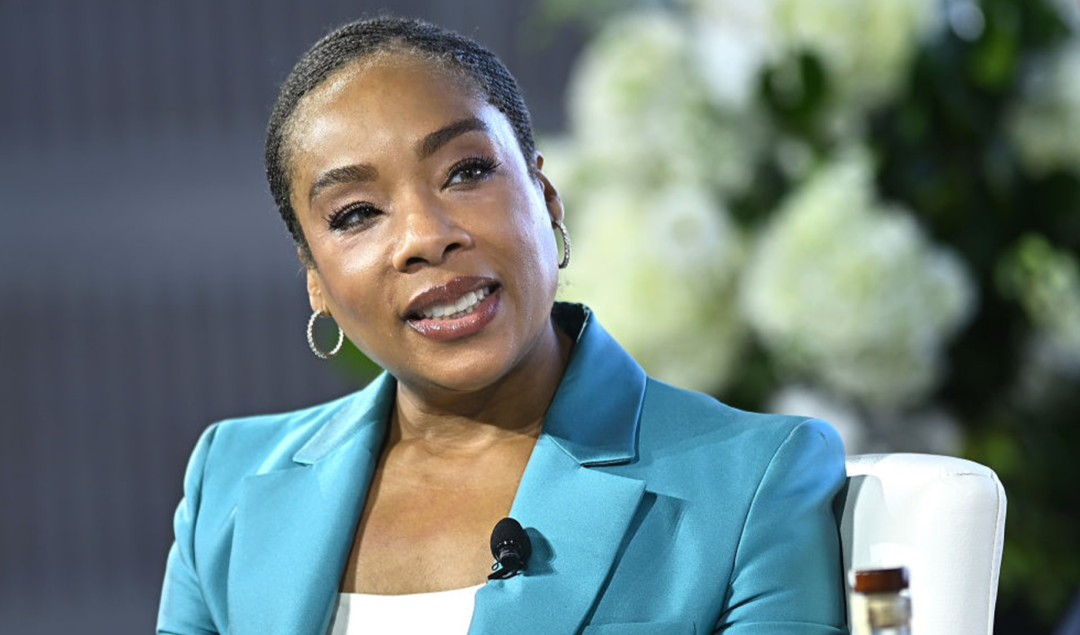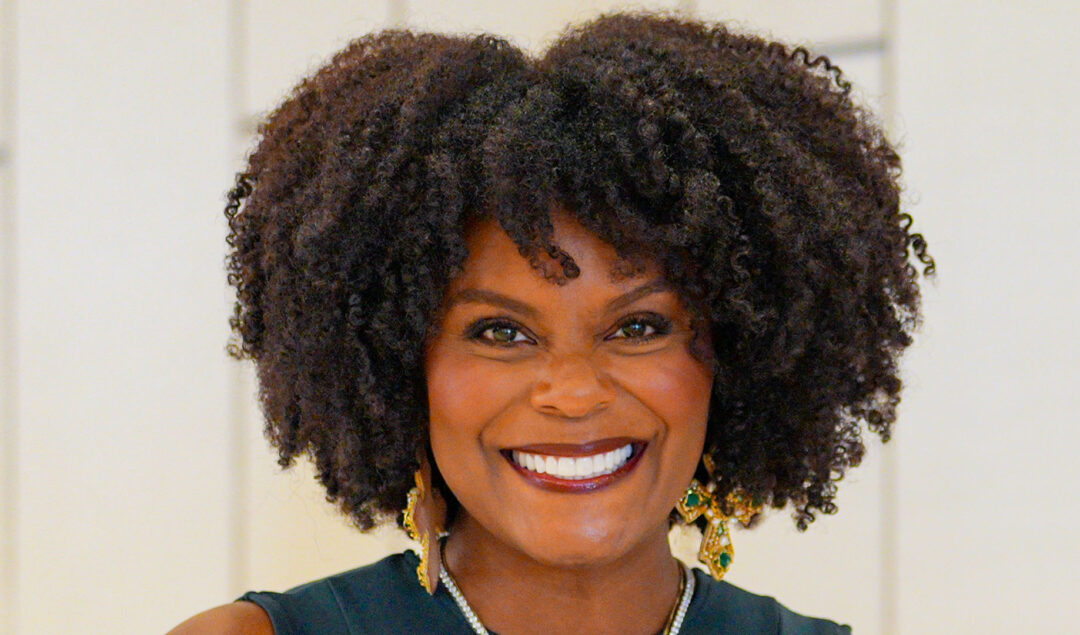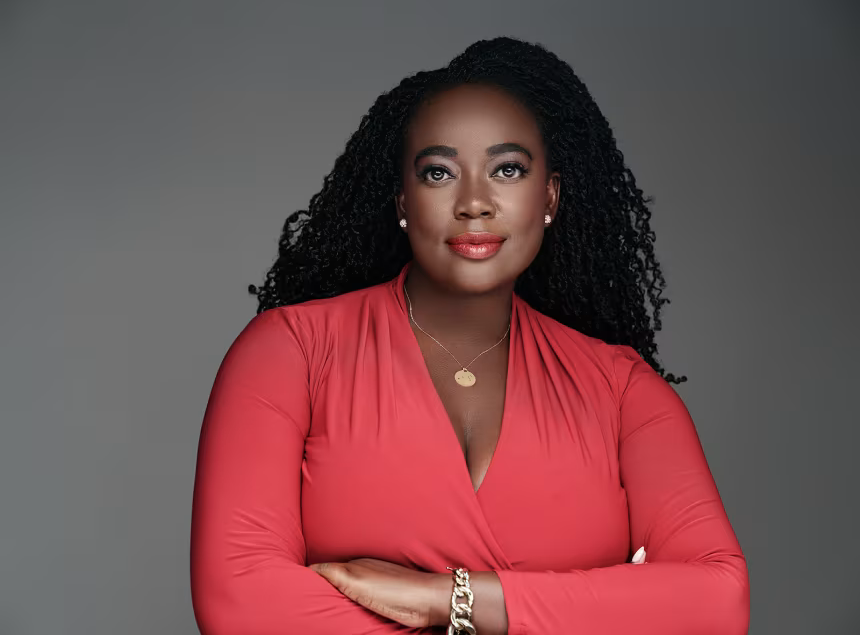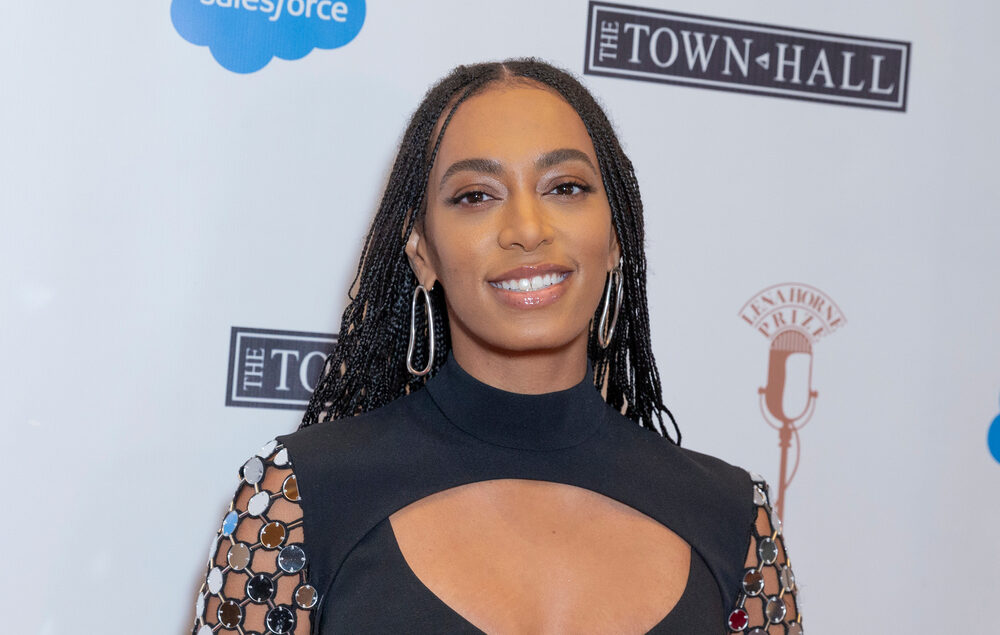Tanya Morris, founder of Mom Your Business (MYB), is teaming up with Baltimore-based EcoMap Technologies to launch Foundery PHL, as reported by Technical.ly. The platform will help founders access the necessary tools needed to expand their businesses. Foundery PHL will host organizations like Enterprise Center, Startup Leader, and Women’s Opportunities Resource Center, providing resources and support for entreprenuers. Black women-led Businesses in the US Black and African American women-owned businesses are a driving force in the US economy, leading more than two million companies that employ over 647,000 people, according to the 2025 Wells Fargo Impact
Black women only make up 0.7% of the UK’s technology workforce, according to the Tech Talent Charter Diversity in Tech Report 2023. With statistics being that low, it’s hard for Black women to believe that they can make space in an industry where they are often not seen. Nevertheless, Black women in tech do exist, and many of them are thriving. At this year’s Black Tech Fest, a panel discussion explored the structural barriers that prevent Black women from joining the industry. The panel titled “The Silent Code No More: Black Women
On Friday, October 9, Black Tech Fest (BTF) hosted its fifth annual festival, which brings tech professionals, creatives, and academics. BTF hosts a range of workshops and talks by some of the biggest names in the tech and creative industry. For the first time since its existence, the UK government declined BTF’s invitation to speak at the festival. BTF planned to ask the UK government questions related to biases in AI, mandatory ethnicity pay gap reporting, and the DEI pullback. As a festival that champions diversity and inclusion, it was
Pinky Cole Hayes has announced that Slutty Vegan is welcoming people to become franchisees of the company. Once a business becomes a franchise, it allows other people to sell goods through a licensing relationship. It also grants rights from one party to another. The new move will allow the business to expand. Cole hired former Planet Fitness and 7-Eleven exec Shawntel Daniels as franchise president, who has hinted that a high-profile celebrity will be the first franchisee. “I went to restructure on February 13, 2025, and then I repurchased the company
Uncle Nearest whisky company remains viable and should continue operating, according to the first quarterly report filed by a court-appointed receiver. “The Company has significant value and can be reorganized, as a going concern,” he wrote, emphasizing that a fire-sale liquidation is unnecessary. The lawsuit against Uncle Nearest The Black-owned brand was in dire straits, with disputes persisting over which assets fell under a federal receivership. The development came from a lawsuit filed by lender Farm Credit Mid-America, which claims Uncle Nearest, Nearest Green Distillery, and its founders, Keith and Fawn
Two Black-owned health and wellness startups are teaming up to close the gap in menopause care for Black women. Black Girl Vitamins, a Chicago-based wellness brand, and Jayla Health, a hormonal health telehealth startup, are collaborating to offer free virtual consultations for menopause and perimenopause to Black women in New York, California, and Florida. The innovation will take place in October and November to honor Menopause Awareness Month by providing Black women with the necessary support tailored to their unique health needs. Black women and menopause Twenty-five years of research
Tabitha Brown says her business has taken a “major hit” following boycotts of Target earlier this year. The backlash came after Target announced in January 2025 that it would end its diversity, equity, and inclusion (DEI) initiatives, including programs supporting Black- and minority-owned brands. Brown, who sold home décor and hair care lines through the retailer, has since pivoted with the April launch of her Tab & Chance fragrance, sold directly to consumers. Target Boycott affecting Black Businsesses When the boycott was announced, Brown said she understood the desire for
The Root, an online news and media website, will be owned by a Black woman for the first time. Democratic political strategist and CNN commentator, Ashley Allison, announced that she is acquiring The Root from G/O Media, a digital media holding company controlled by a private equity firm. CNN reported that Allison said she will invest in video content, build new partnerships with experts, and launch in-person experiences for The Root’s readers. The Root’s history In 2008, Harvard University professor Henry Louis Gates Jr. and Donald E. Graham launched The
The Fearless Fund has launched a new initiative one year after settling a lawsuit with the American Alliance for Equal Rights (AAER). The announcement of Fearless Global Initiative was made at an event hosted by The Fearless Fund, according to The Atlanta Journal-Constitution. “This is (as) good for the white Kentucky coal miner as it is the Latino California farmworker,” Founding Partner and CEO Arian Simone told The Atlanta Journal-Constitution. “Demographic equity means delivering the resources, the financial support, at a scale that reflects the population. This is something we
Solange Knowles’ Saint Heron has launched a free digital archival library of literature by Black and brown authors, poets, and artists. Readers can borrow rare and out-of-print books for up to 45 days, creating new pathways to access historically significant works. Improving access to Black archives Many historically significant Black material survives only in fragile, localized collections, such as archives, small presses, or personal holdings. Even when preserved by larger institutions, access is often restricted to vetted researchers with the right networks or affiliations. Saint Heron offers an alternative. By

